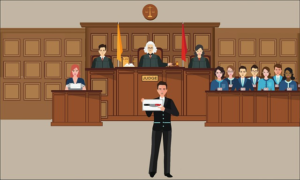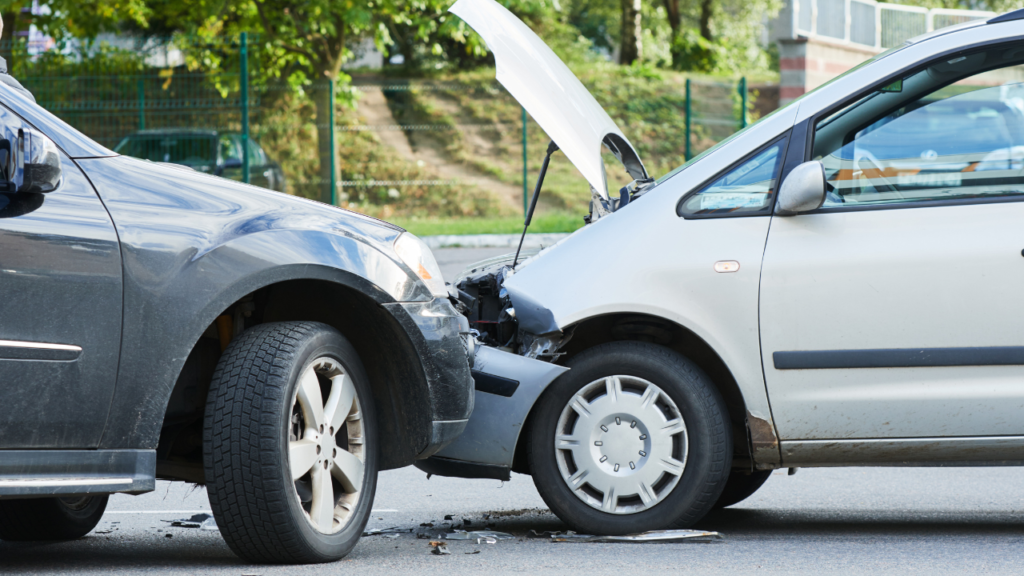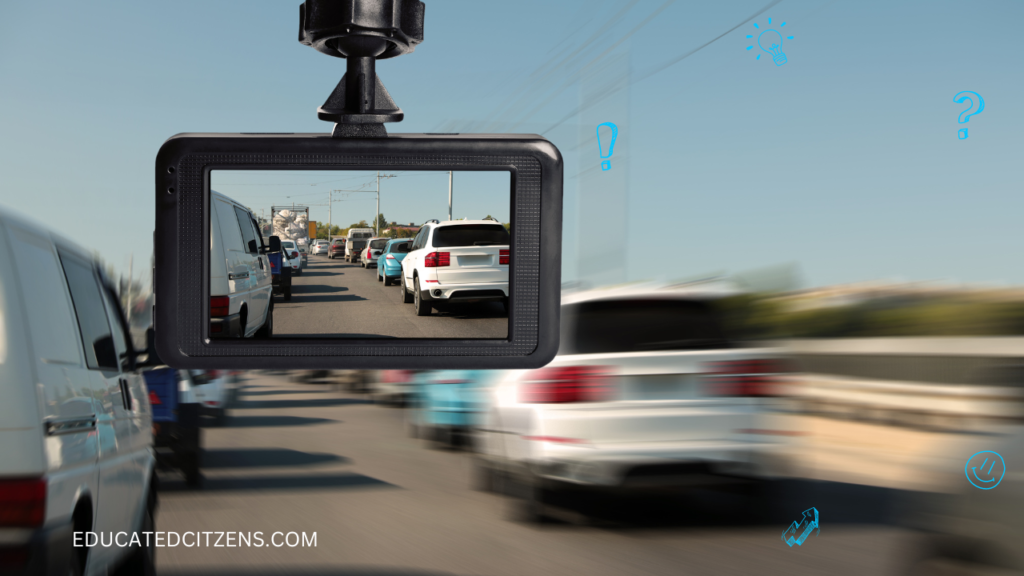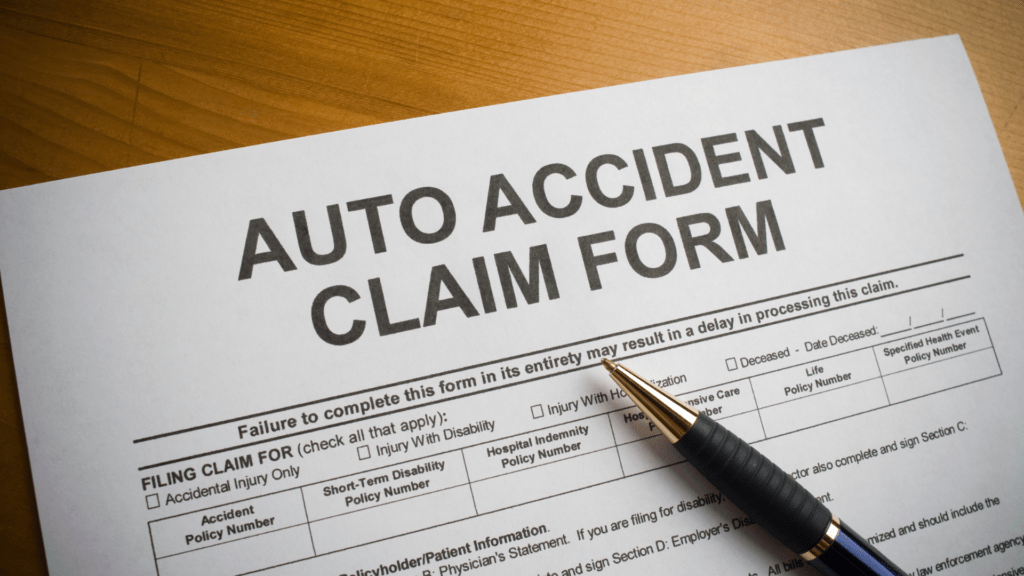what happens after mediation settlement? – and the expected settlement offers during mediation?
The four types of conflict resolution known today are mediation, settlement, conferences, neutral evaluation, arbitration, and finally litigation.
Mediation is one of the several ways the conflicting parties can decide to follow to reach a settlement for their case or conflicts. According to the US department of justice, more than 78% of cases are settled through mediation which shows it is a very efficient way of conflict resolution.
According to Havard business review, a study conducted by Havard University revealed that more than 90% of conflicts are settled out of courts of law.
Now the question on your mind could be, what is mediation? what conflicts are resolved through mediation? what should do you after settlement or failed mediation? when will you receive your payout after mediation etc? This article will try to answer exactly questions of a similar sort. Alright.
Page Contents
What is mediation?
Mediation is the process by which 2 parties in conflict accepts to choose a neutral person to help the 2 disputing parties settle and end the conflict by reaching satisfying solutions. The mediator is chosen and accepted by the 2 parties and payments will be shared equally between the 2 parties.

For instance, if the mediator charges $500 a day, each party will part-ways with $250 for each of the days the mediation takes place.
The mediator only helps in removing communication barriers and guides the process of ending the conflict amicably. He/she is not supposed o make any decisions or tell the conflicting parties what to do.
Though any reputable and trusted person can work as a mediator, in my opinion, the chosen mediator should be having professional training or experience in an area related to the type of conflict at hand.
For example, a mediator with a background in employment law may be well-suited to mediate workplace disputes, while a mediator with a background in real estate may be well-suited to mediate property disputes.
What are the 4 types of mediation?
There are several different types of mediation, which may be used in different contexts or for different purposes. Here are four common types of mediation:

1. Facilitative mediation. This is the most common type of mediation and involves the mediator facilitating communication and negotiation between the parties in order to help them reach a mutually satisfactory agreement.
The mediator does not have the authority to make the decision on your behalf or impose a solution, but rather helps the parties explore options and find a resolution that works for them.
Other people like: Average settlement offers during mediation (well explained)
2. Evaluative mediation. This is the type of mediation where the mediator plays a more active role in assessing the strengths and weaknesses of each party’s position and providing an evaluation or assessment of the dispute. The mediator may also make recommendations or suggest potential settlement options.
3. Transformative mediation. In this type of mediation, the focus is on helping you and the other parties to resolve the underlying issues and conflicts that led to the dispute, rather than simply focusing on the specific issues at hand.
In transformative mediation, the mediator helps your and the other party to understand each other’s perspective and find ways to move forward more positively and constructively.
4. Directive mediation: In this type of mediation, the mediator takes a more directive approach, providing guidance and direction to you and the other parties and helping them to come to a resolution.
Directive mediation is often used in cases where you and the other parties are unable to agree on your own, and need more structured assistance in finding a solution.
Cases suitable for mediation
Though this site deals largely with car accidents and personal injuries, mediation does not only apply in such cases but applies to a wide range of disputes and other conflicts. Common cases that are well suited for mediation include:

1. Employment disputes: Mediation can be an effective way to resolve disputes between employees and employers, such as disputes over pay, benefits, working conditions, or discrimination.
2. Family disputes. Mediation can be particularly helpful in resolving disputes between family members, such as disputes over child custody, divorce, or inheritance.
3. Civil disputes. Mediation can be used to resolve a wide range of civil disputes, such as disputes between neighbors, landlords and tenants, and business partners.
4. Community disputes. Mediation can be used to resolve disputes between community organizations or neighbors, such as disputes over land use or development.
So guys, as you can see from the list of cases I gave above, your cases for instance car accident dispute resolution and any other personal injury cases can easily settle through mediation.
Related article: Average settlement for a child in a car accident
In my last articles, I already told you about my findings from a survey I conducted on a Facebook group of personal injuries. In the survey, at least 95% of the respondents had their car accident personal injury cases settled out of court.
From the same investigations I carried through deep analysis of the survey study, more than 40% mentioned they attempted settling through mediation.
Does mediation mean settlement?
The mediation settlement process is designed to help the conflicting parties reach a solution to their dispute. For instance, if you had a car accident in which you are not the at-fault party, mediation can help you receive a settlement offer for the damages you incurred.
Most of the time, the parties in conflict reach an agreement in mediation. For instance, in a study done in New York where 448 cases were subjected to mediation, around 134 cases (30%) did not settle through mediation.

Though many cases settle during mediation, what you should understand is that mediation is a voluntary process and the likelihood of settlement depends on you and the party’s willingness to settle. It is not a guarantee that you will settle especially if you think the solution/settlement is not close to what you expected.
Article you may like: Do you need a personal injury lawyer? When Hiring an Attorney is Worth It?
If you and the other parties can agree to mediation, the mediator will help them to formalize the agreement in writing. This written agreement, known as a mediation agreement or settlement agreement, will typically outline the terms of your settlement, including any commitments or obligations that you and the parties have agreed to.
If you guys are unable to settle during mediation, the process may be terminated, and you may choose to pursue other options for resolving the dispute, such as litigation or arbitration.
However, even if you do not reach a settlement during mediation, the process can still be beneficial, as it can help you to better understand each other’s perspectives and identify potential areas of compromise.
What happens after mediation fails?
Though your likelihood of reaching a solution or settlement of your conflict is higher, there is no guarantee that a settlement will be reached during the mediation process.
Even though mediation fails to settle your dispute, you will have known what the other party has in mind and this lays the ground for your next step after a failed mediation.

If mediation fails to resolve your dispute or conflict, your other options could be pursuing other measures like arbitration or litigation. I explain what entails litigation and arbitration in my previous article.
If you are visiting this site for the first time, arbitration is a form of alternative dispute resolution in which a neutral third party, called an arbitrator, hears and decides the dispute between you and another party.
The arbitration process is usually faster and less formal than litigation, and the arbitrator’s decision is usually final and binding.
Article you may like: Car Accident Settlement Process: Timeline, Demand Letter, and Payouts
On the other hand, litigation is the process of resolving a dispute through the court system. The parties in a dispute file a lawsuit and present their case to a judge or jury, who then renders a decision.
Litigation can be a time-consuming and expensive process, and the decision of the court is usually final and binding. Many people and car insurance companies do not like going through this process unless it’s the last resort.
How long after mediation will I get my money?
After a solution has been reached during mediation, the mediator or one of the attorneys involved from any side will usually prepare a written agreement outlining what you agreed upon during mediation and all terms and conditions.
Once you sign the agreement, what has been resolved becomes binding so failure to honor what you signed could be used against you in courts of law. The agreement you signed will usually contain terms of payments and how long after mediation you should receive your payment/settlement.
It is important to note that mediation is a voluntary process and the outcome of the mediation is not binding unless all parties agree to it. Therefore, it is important to carefully consider any settlement offer before agreeing to it.
If you are not satisfied with the terms of the settlement or do not believe that the other party will follow through on their obligations, it may be best to pursue other legal options, such as litigation.
According to my experience and according what I have seen, it should take you only 4-6 weeks after mediation to receive your payment or settlement payout.
How long after mediation can you go to court?
To be frank, it depends on many factors. The length of time after mediation that you can go to court will depend on the specific circumstances of your case and the laws in your jurisdiction.
In general, however, you may be able to go to court if the other party fails to fulfill their obligations under the settlement agreement reached during mediation.

If you think the other party violated what was agreed during mediation like terms and conditions, you may choose to file a lawsuit anytime you wish to.
For instance, if you or the other party agreed on a 4-6 weeks period in which payments should be made, then the aggrieved party is free to go to court once the ultimatum of 6 weeks expires without a payout.
No settlement at mediation
Indeed, there is always a possibility no settlement reached during mediation. Mediation is an involuntary process and if one party shows no willingness to settle, this process will likely yield no settlement or solution.
If no settlement is reached at mediation, you or the other party may have other options for resolving their dispute, such as pursuing litigation in court or seeking the assistance of a different dispute resolution method.
It is important for you and the parties to consider your options carefully and to seek legal advice if necessary, as the decision on how to proceed can have significant consequences.
Can you change an agreement after mediation?
well, you can change an agreement after mediation, but be ready to face the consequences.
In general, agreements reached through mediation are intended to be final and binding, and you and the other parties to the agreement are expected to abide by its terms. However, there may be circumstances in which it is necessary or desirable to modify the agreement after it has been reached.

If you or the other parties to the agreement wish to change it, you may be able to do so by negotiating a new agreement that supersedes the original agreement. This may involve returning to mediation to resolve any disputes or differences of opinion.
In other words, you can change the agreement after mediation only if you and the other party in dispute agree with each other. If you are not in the agreement with the conflicting party, prepare to face legal consequences should you dare change your mind?
Settlement agreement after mediation
Once you settle during the mediation, unless one of the 2 parties decides to change the agreement, the dispute is declared settled once and for all. There will be no need to of attempting other advanced ways of conflict resolution like arbitration or litigation.
One of your attorneys if any, or the mediator will prepare a formal agreement which will be signed by both parties to the dispute. Once the agreement is signed, the terms and conditions of the agreement will be binding, meaning each party is supposed to abide by what they signed.
Conclusion.
After a mediation settlement is reached, the parties to the dispute should follow the terms of the settlement agreement that was reached during the mediation process. This may involve taking certain actions or making certain payments, depending on the specific terms of the agreement.
The settlement agreement should be written down and signed by all parties, and it should be clear and specific about what each party is required to do. It is important to carefully review the agreement to ensure that you understand and are able to comply with its terms.
What you should expect as a settlement offer during mediation depends on the circumstances of the dispute, the nature, type, and gravity of the conflict, and the parties involved.
In other words, the expected settlement offers during mediation can vary widely, depending on the specific circumstances of the dispute and the parties involved. In general, however, the goal of mediation is to help the parties reach a mutually acceptable resolution of your dispute, and the settlement offers made during mediation are likely to reflect this objective.








